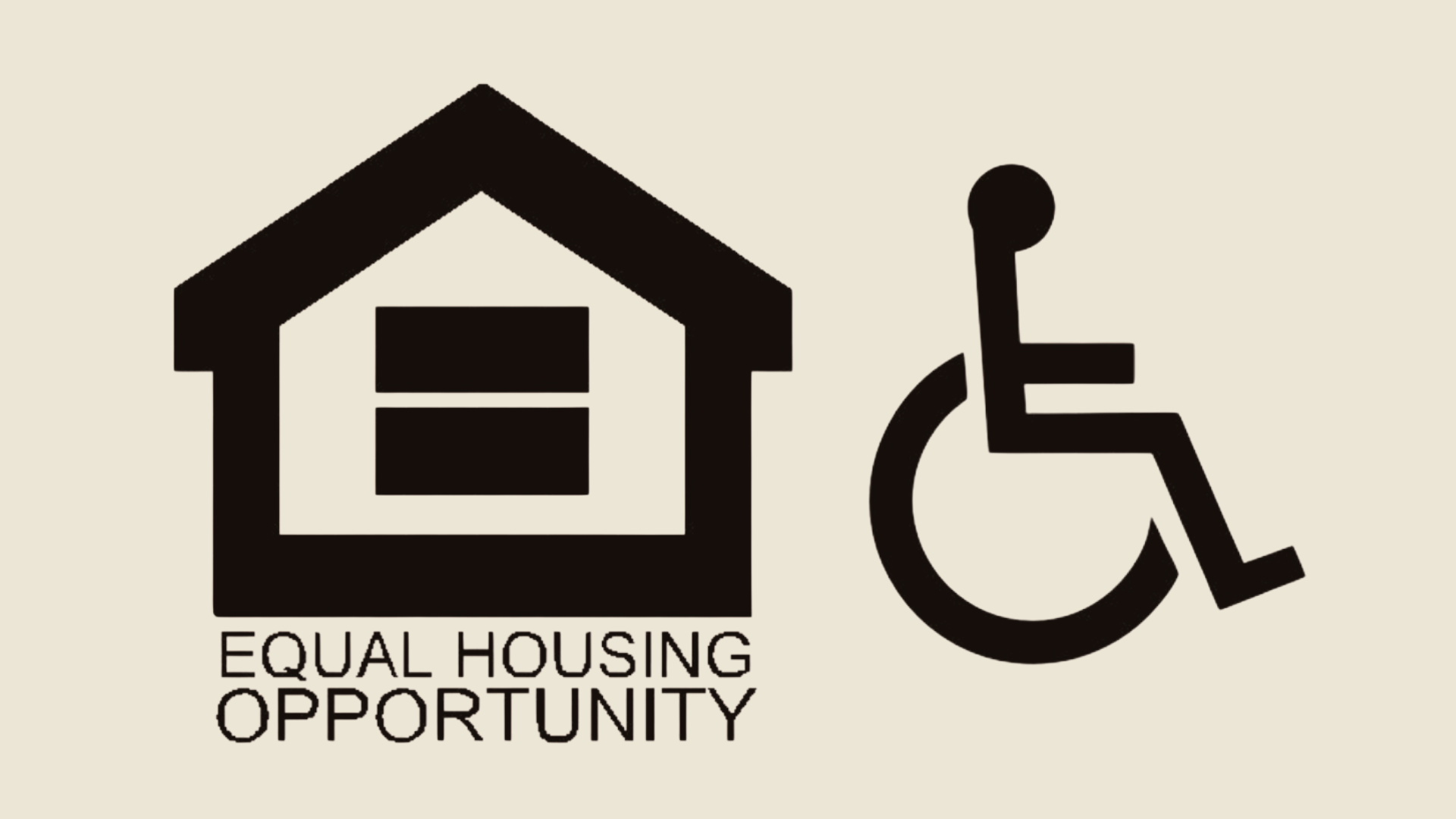
Smart Climate Control in Arizona Homes: The Future of Comfort, Efficiency, and Market Value

Smart climate control systems—such as connected thermostats, zoned HVAC, and AI-driven automation—are transforming the way Arizona homeowners manage comfort and energy bills. In a state where summer temperatures soar and energy efficiency is a competitive advantage, these solutions are fast becoming essential for both high-end buyers and value-driven investors.
Modern smart thermostats adapt to daily routines, respond to real-time weather, and can be managed remotely via smartphone. Advanced systems allow room-by-room zoning, learning user preferences to minimize waste and deliver tailored comfort. The emotional relief of consistent, easy-to-manage climate is paired with measurable financial returns: most Arizona homeowners see energy savings of 10–25% annually after upgrading to smart controls.
However, not all systems are created equal. Compatibility issues with legacy HVAC units, cybersecurity risks, and the need for regular software updates can create friction. Decision fatigue may arise when comparing brands or feature sets, but the long-term payoff—in comfort, convenience, and increased resale value—is clear.
Smart climate control comes in various forms—Wi-Fi thermostats, ductless mini-splits with app integration, zoned forced-air systems, and full-home AI-driven platforms. Leading brands like Nest, Ecobee, and Honeywell offer robust warranties and user-friendly interfaces, while high-end homes increasingly turn to custom-integrated solutions with remote monitoring and voice activation.
System lifespan typically ranges from 10–15 years for digital thermostats, matching or exceeding standard HVAC controls. Installation costs can vary: a basic smart thermostat may cost $200–$500 installed, while whole-home zoned systems can exceed $5,000. Maintenance is minimal, usually limited to software updates and occasional sensor recalibration.
ROI is substantial: homes with smart climate control often sell 3–6% higher and spend less time on the market, especially in Arizona’s premium segments. Property managers also report fewer maintenance calls and stronger tenant retention for rentals with modern controls.
Glendale—home to the vibrant Westgate Entertainment District and family-friendly neighborhoods—embraces smart climate technology as both a lifestyle upgrade and a market differentiator. Local building codes encourage energy-efficient retrofits, and many city contractors specialize in integrating smart systems with existing HVAC units.
Residents who invest in smart climate control enjoy cooler summers, lower bills, and seamless transitions between home and away modes. City programs and utility rebates often offset upfront costs, making advanced climate solutions accessible for both new builds and renovations.
How have smart climate systems changed your comfort or utility bills? What brand or features matter most to you? Please share your experiences below, and revisit for the latest guidance and trends in making Arizona homes healthier, smarter, and more valuable.



